What Retirees Wish They Knew Before the Move
For many retirees, the idea of starting fresh in a new place sounds simple until the details catch up. Climate surprises, hidden costs, and neighborhood shifts often change how that dream feels once the boxes are unpacked. Those who’ve already taken the leap have a few insights about what they’d rethink if they could do it again.
Humidity, Altitude, and Allergies Aren’t Just Background Noise

Credit: Canva
Environmental changes, like humidity levels or pollen counts, can throw off health in ways that don’t show up on brochures. These shifts especially affect retirees with asthma, heart issues, or joint pain, and they’re rarely top of mind during planning.
Home Insurance Costs Can Explode in New Areas

Credit: Getty Images
People drawn to sunny coasts or forested hillsides often find out too late that good weather has a price. In regions facing higher disaster risks and tighter building standards, insurance can cost two to four times more than they planned for.
Healthcare Networks Don’t Always Travel With You

Credit: Canva
Medicare Advantage plans often have regional restrictions. This means switching states can force retirees to change doctors and plans, sometimes at great cost. One retiree who moved discovered her new plan came with a $2,500 jump in annual out-of-pocket expenses.
Selling Furniture Can Be More Stressful Than Moving It
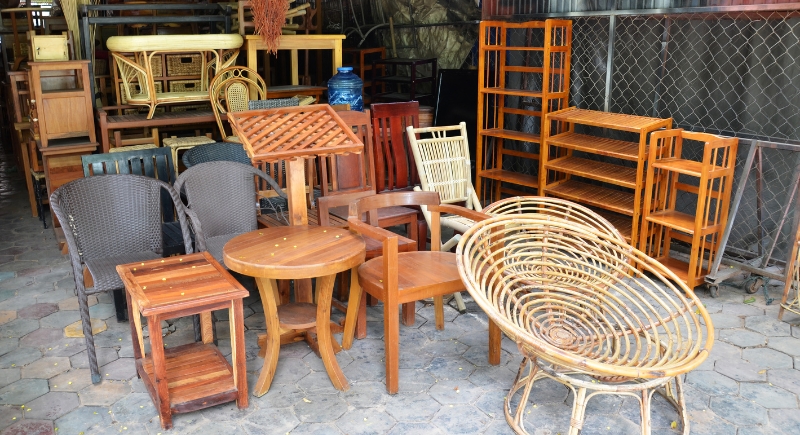
Credit: Getty Images
Buying new furniture after relocating sounds easy, but many find selling the old pieces is the real challenge. Yard sales rarely bring much return, and online listings can drag on for weeks. Large items often sit unsold, forcing people to store or give them away just to move on.
Property Taxes May Be Higher Even Without State Income Tax

Credit: Getty Images
Retirees chasing lower taxes sometimes move to states without income tax, only to face property tax sticker shock. In places like Texas and Florida, annual property taxes can be significantly higher than what many paid in their previous states. Experts suggest looking beyond income tax and evaluating the total tax burden.
Old Friends Don’t Come With the Moving Truck

Credit: Getty Images
Many retirees underestimate how long it takes to build new friendships later in life. Without a workplace or school-aged kids as natural connectors, socializing can feel like a chore. Those who moved far from longtime communities often mention loneliness as the biggest adjustment they never saw coming.
A Vacation Spot Isn’t Always a Great Place to Live

Credit: Getty Images
What feels refreshing during a weeklong getaway can turn lonely once the crowds leave. Tourist towns often slow down after peak season, and the rhythm of everyday life can feel limited. Many retirees who settled in their favorite destinations discovered that beautiful scenery doesn’t always make up for fewer conveniences or community ties.
Selling First Makes More Sense Than Buying Right Away

Credit: pexels
A surprising number of retirees buy before selling, thinking they’ll easily offload their old home. But markets shift, and some get stuck juggling two mortgages. A retired professor who moved from Texas to Oklahoma City found herself paying maintenance and taxes on an unsold property.
Local Politics and Culture Can Be a Shock
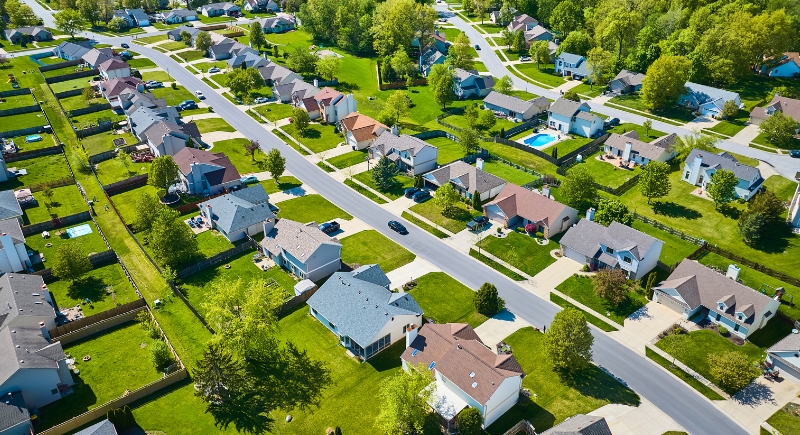
Credit: Canva
A house may be perfect, but feeling like an outsider in your own neighborhood quickly sours the mood. One couple, a mixed-race pair, described feeling unwelcome after relocating to a politically and culturally different area. The social environment plays a much larger role in quality of life than many anticipate.
Downsizing Isn’t Always Cheaper in the Long Run

Credit: Canva
A retiree who moved into a condo ended up paying more in HOA fees and special assessments than she did maintaining her larger house. When older buildings require sudden repairs—like roof replacements or structural upgrades—those costs are passed on to residents, sometimes without warning.
You’ll Miss Familiar Places More Than You Expect

Credit: pexels
Your local grocery store and the café that knows your order are small routines that quietly anchor daily life. After moving, many retirees realized how much those places shaped their sense of belonging. One man said it took a year to find a bagel that even came close, a reminder that comfort often hides in the ordinary.
Adult Children Might Not Stay Put
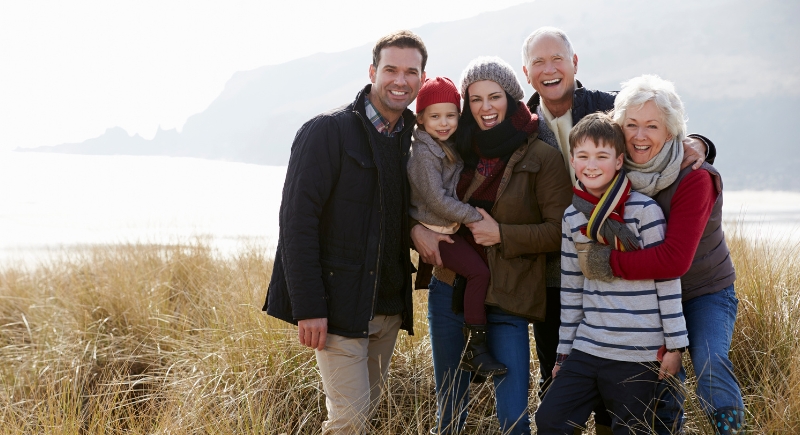
Credit: Canva
Moving closer to the kids sounds like a good idea until the kids take a new job across the country. Retirees who relocated to be near family have found themselves stranded again just a few years later. And it’s not always possible or affordable to move again.
Utilities Don’t Always Go Down With the Rent

Credit: Getty Images
One retired couple thought they had found a bargain by moving to a smaller town, but their heating and water bills quickly proved otherwise. In rural or extreme-weather regions, older systems and local rate differences can make monthly utilities climb higher than expected.
Remodeling Projects Rarely Go as Planned
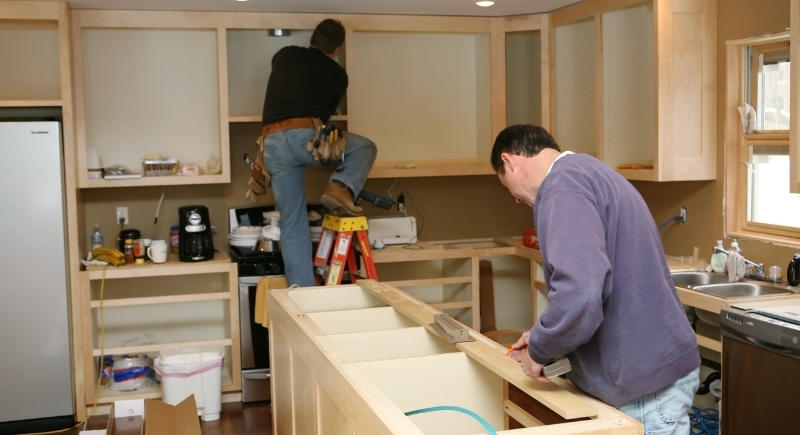
Credit: Getty Images
A smaller home can look like the perfect fixer-upper, but timelines often stretch and budgets disappear into surprise permits or contractor delays. Many retirees admitted they underestimated how exhausting it can be to manage renovations without the stamina they once had.
Renting Can Be a Smarter First Step Than Buying

Credit: Getty Images
Real estate may feel like a must, but some retirees now swear by renting first. It gives time to explore, test out a neighborhood, and avoid getting locked into a mortgage that becomes a burden. Renting also reduces risk if a health issue or social misfit leads to another move.
A New Climate Can Mean New Health Surprises

Credit: Getty Images
One retiree moved to Arizona for the warmth and sunshine, only to face nosebleeds and fatigue caused by the dry air and elevation. Climate changes affect more than comfort; they can influence sleep, hydration, and overall health. Many doctors suggest spending time in a new region during different seasons before committing to a permanent move.
Not Every Area Is Built for Seniors
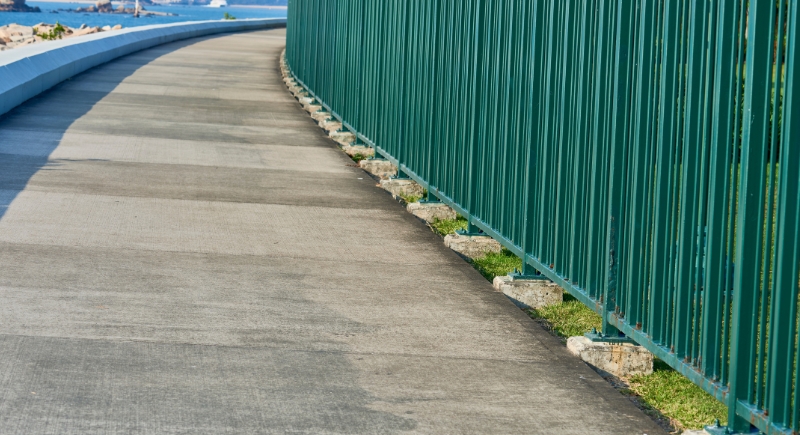
Credit: Getty Images
Sidewalks without ramps or a lack of public transport can turn daily errands into safety issues. Many retirees find out too late that their new town isn’t designed with aging in mind. The best places to age aren’t just scenic. They’re walkable and filled with amenities that match changing mobility needs.
HOA Rules Can Get Personal

Credit: Getty Images
Retirees drawn to managed communities are sometimes shocked by the strictness of homeowners’ associations. From limits on holiday decorations to fees for minor repairs, rules can feel overbearing. One man shared a story about getting fined for leaving his trash can out too early.
You Might Outlive the Area’s Resources

Credit: Getty Images
It’s easy to focus on the next few years when choosing a retirement spot, but long-term needs deserve equal weight. Some retirees have found themselves needing to move again just to access services that didn’t exist where they first landed.
Second (Or Third) Moves Are More Common Than You Think

Credit: Getty Images
One couple, now back in New England, moved five times after retiring. They’re not alone. More than a quarter of retirees who moved in 2020 told HireaHelper they regretted the decision. Sometimes it’s financial, other times emotional, but re-relocation is far more common than many expect.